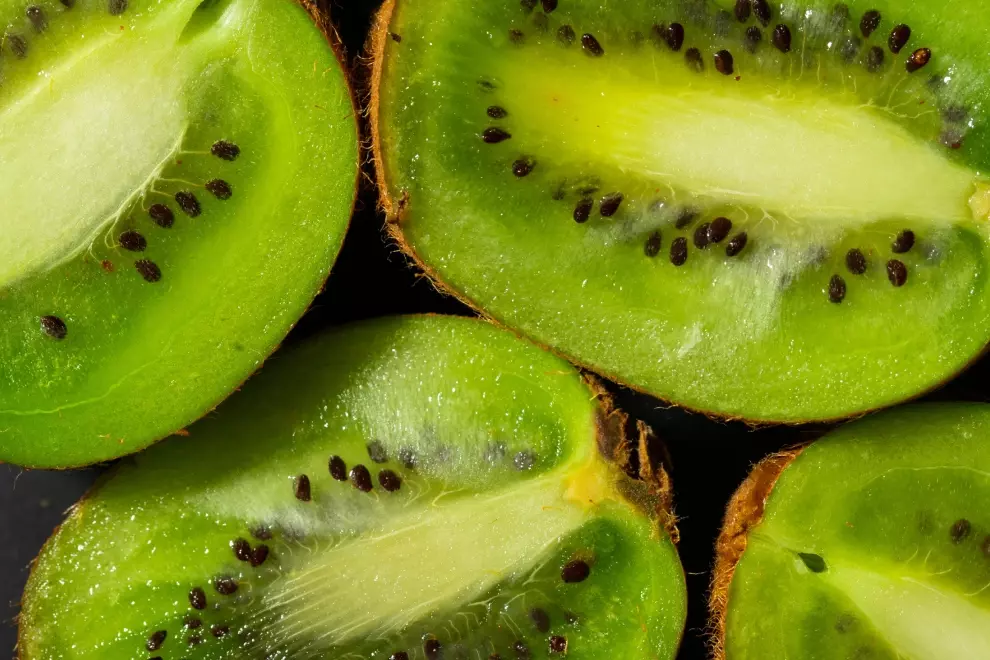Both homemade and store-bought sauerkraut helped
Researchers Maria Marco and Lei Wei from UC Davis explored the specific benefits of sauerkraut compared to raw cabbage and the brine left after fermentation in their study. Their findings revealed that sauerkraut uniquely helps protect intestinal cells from inflammation-related damage. Surprisingly, this protective effect was consistent regardless of whether the sauerkraut was homemade or store-bought. So, the good news is you don’t need to become a fermentation expert to reap these benefits.
“Some of the metabolites we find in sauerkraut are the same kind of metabolites produced by our gut microbiome. This connection between sauerkraut and good gut health makes sense scientifically and practically,” explains Marco.
Fermentation makes the secret sauce
Chemical analysis showed that fermentation enhances cabbage by increasing beneficial metabolites like lactic acid, amino acids, and plant-based compounds associated with gut health. This nutritional transformation is likely why fermented foods are traditionally praised for improving digestion.
For cyclists, optimal digestion and reduced inflammation mean more efficient nutrient absorption and quicker recovery, crucial elements for endurance and performance.
Sauerkraut builds a more robust digestive system
In addition to performance benefits, sauerkraut’s protective properties could offer cyclists a more resilient digestive system. Marco emphasises, “Along with eating more fibre, fruits, and vegetables, regular servings of sauerkraut might enhance gut resilience against inflammation and disturbances.”
The next phase of Marco and Wei’s research involves human trials to confirm if the gut-protective metabolites in sauerkraut provide consistent health benefits when regularly included in everyday diets. Initial lab results are promising, indicating that adding even a modest serving of sauerkraut could significantly impact overall health and athletic performance.
“A little bit of sauerkraut could go a long way. We should start considering these fermented foods as regular dietary staples rather than occasional sides,” Marco concludes.
How do you add sauerkraut to your diet?
Sauerkraut may be an acquired taste for some when eaten alone. But you can easily combine it in meals so that it enhances their flavour instead of overpowering it. Here are a few tips.
Use it as a sandwich or wrap filler – Add a few tablespoons of sauerkraut to your sandwich, wrap, or even a burger. It pairs well with poultry, tofu or cheese.
Add it to eggs or omelettes in the morning – Mix sauerkraut into your morning scramble or serve it on the side with a veggie omelette to widen the flavour profile.
Top off your salads or grain bowls – Sauerkraut can replace or complement dressings, especially on warm grain bowls with quinoa, lentils, potatoes or roasted veggies.
Toss it into tacos or quesadillas – Instead of lettuce or salsa, add sauerkraut to a taco for extra flavour. It works well with tempeh, beans, fish or pulled chicken.
Hot dog topping – This one is a classic, but don’t go for dogs too often because processed meat should only appear in a healthy diet occasionally.





